
The Ultimate Claim Hack: Why You Need A Personal Injury Solicitor Now
Accidents can happen to anyone. Whether you are injured in a car
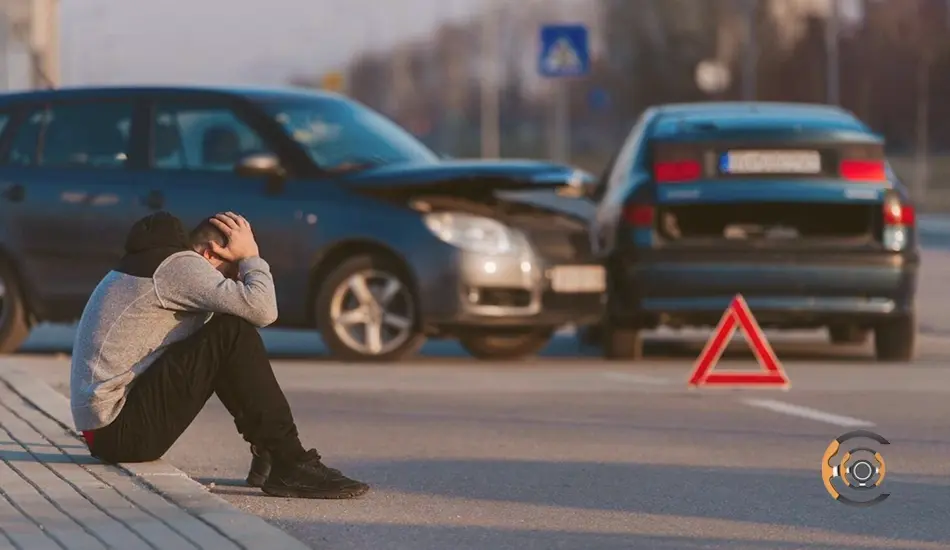
Car accidents, especially severe ones, can trigger PTSD. PTSD after a car accident is a condition that leaves you confused and dizzy after the car crash. Car accident survivors may experience unwanted flashbacks and nightmares or feel constant anxiety as if the accident could happen again at any moment.
The mere thought of driving or passing through the accident site can trigger overwhelming fear. Sometimes PTSD affects the daily life of the survivor, often making it difficult to return to regular routines.
For many, the road to recovery from the effects of a car accident is impaired by anxiety. Even the simple act of driving the car again can cause overwhelming fear, leading to panic attacks and severe anxiety.
You may feel your heart starts beating high, your breath becomes short, and your hands shake whenever you think about driving the car again. Some car accident survivors develop a phobia of driving altogether, while others find it hard to relax or feel safe on the road.
Survivors of car accidents often struggle with post-accident emotional stress. It is expected to feel a sense of hopelessness or emotional numbness after a car crash. Besides this, the joy you once felt vanished after a car accident.
This may be due to the sudden loss of mobility, self-sufficiency, or the emotional withdrawal of reliving the accident in your mind.
You might find yourself withdrawing from loved ones or losing interest in things that used to bring you happiness.
Survivors of car accidents often struggle with post-accident emotional stress. It is expected to feel a sense of hopelessness or emotional numbness after a car crash. Besides this, the joy you once felt vanished after a car accident.
This may be due to the sudden loss of mobility, self-sufficiency, or the emotional withdrawal of reliving the accident in your mind.
You might find yourself withdrawing from loved ones or losing interest in things that used to bring you happiness.
Anger and feelings of guilt are also the most common emotional impacts of accidents, especially if the accident caused some unrecoverable loss. Feelings of guilt are widespread among those involved in multi-car accidents.
You might constantly wonder if you could have done something differently, replaying the crash repeatedly in your mind. This guilt is often accompanied by anger at the situation or even yourself. This emotional turbulence can be overwhelming if it isn’t addressed promptly.
When it comes to the psychological impacts of a car accident, it affects in a different pattern to people of varying age groups.
The anxiety after a car crash doesn’t just affect the survivor; it often leaves an impact on relationships as well. Feelings of guilt, anxiety, and emotional numbness (as discussed above) can lead to withdrawal from family and friends.
Communicating your social needs or feelings is challenging, creating emotional distance between you and your loved ones. Trauma can sometimes result in arguments or misunderstandings as those around you struggle to understand what you're going through.
Post-accident psychological trauma after a car crash can significantly impact your professional life. The emotional aftereffects, whether it's anxiety, depression, or PTSD, can lead to thoughts of betrayal, poor performance, or lack of focus at work.
You may need help concentrating, meeting deadlines, or returning to work, which can endanger your career and financial stability.
In extreme car accident cases, some individuals may lose their jobs or choose to quit due to overwhelming stress and PTSD.
Seeking professional help is a crucial step toward healing from the psychological effects of a car accident. Licensed therapists can provide specified treatments, such as Cognitive Behavioral Therapy (CBT), which helps you challenge and change negative thought patterns.
Another effective therapy is eye movement desensitisation and reprocessing (EMDR), which helps reduce the distressing emotions attached to traumatic memories. Working with a professional can provide the tools to manage symptoms and reclaim your life.
In addition to professional therapy, many survivors find comfort in holistic methods like mindfulness, meditation, and yoga. These practices can help reduce anxiety and teach you how to stay grounded in the present moment.
These approaches also reduce the intrusive thoughts and flashbacks often associated with PTSD. Regular exercise also significantly improves mental health and boosts endorphins after a car accident.
For those who may not be ready to seek therapy or are looking for additional ways to deal with PTD, self-help techniques can offer significant relief. Journaling is an excellent way to process emotions and reflect on progress.
Writing down your thoughts can help you organise and make sense of your experiences. Similarly, deep breathing exercises and visualisation techniques can help manage anxiety in moments of stress.
Loved ones play a crucial role in your post-accident recovery. Open communication and emotional support from friends and family can make a difference. Letting them know what you’re going through and accepting their support can ease feelings of isolation and withdrawal.
It’s essential to surround yourself with people who understand your needs and are willing to create a safe and supportive environment for your healing.
Several things you can do right after the accident can reduce the chances of long-term psychological trauma. For instance, practising exercises, such as taking deep breaths, focusing on your surroundings, or even feeling your feet on the grass, can help you stay present and calm.
Instantly after a car accident, reaching out to someone you trust to talk about what happened rather than keeping it inside is vital.
Addressing your trauma early can prevent it from escalating. Don’t wait for the symptoms to become overwhelming before you seek help. Early addressing, whether through a counsellor, therapist, or psychological support group, can provide you with the emotional support you need before things worsen.
If you have been going through PTSD or any other psychological trauma after a car accident, you might need to involve professionals to cope with the circumstances effortlessly.
Sometimes, emotional healing takes more time than physical healing, which is 100% true. Similarly, you are entitled to compensation if the accident was not your fault.
Whether it is a car accident claim or a personal injury claim (that also covers PTSD), seek immediate assistance from Continental Car Hire’s professional. Claim compensation might help you to lower the risks of loss of earnings after a car accident.

Accidents can happen to anyone. Whether you are injured in a car
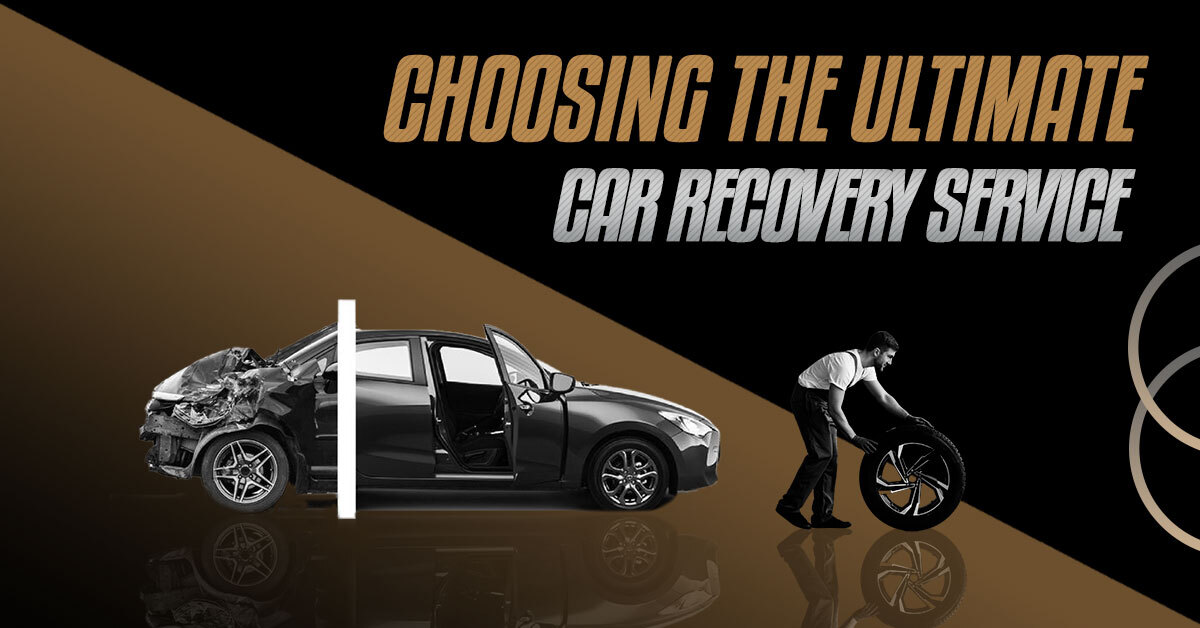
When your car breaks down unexpectedly, there’s nothing more reassuring than knowing
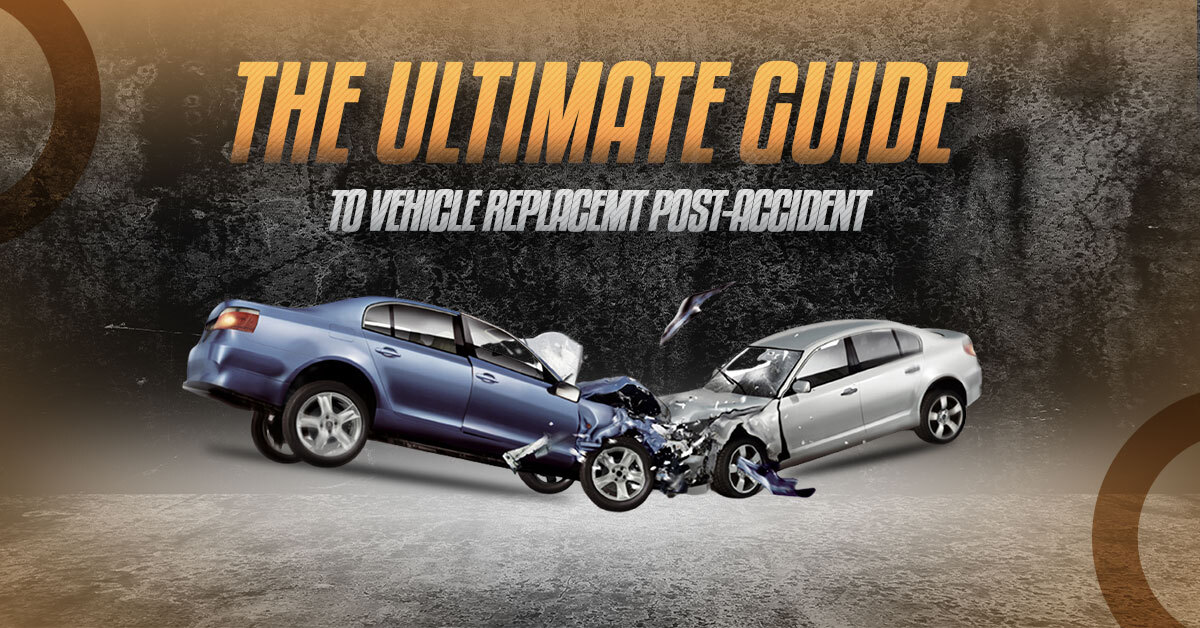
Car accidents are unfortunate events that can occur to anyone at any
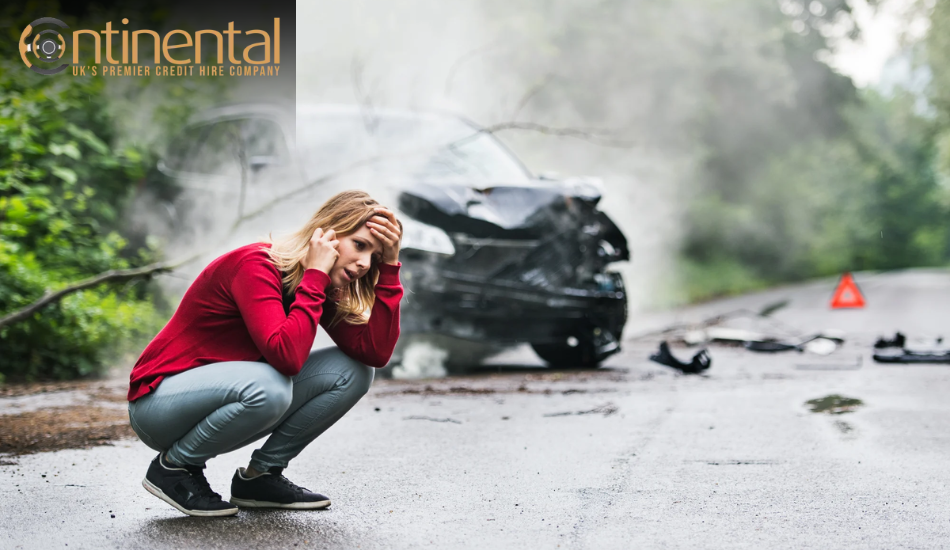
Car Accidents are sudden situations, and no one is ready for them.

Home Search 5 mint read How Much Claim Management Company Charge for
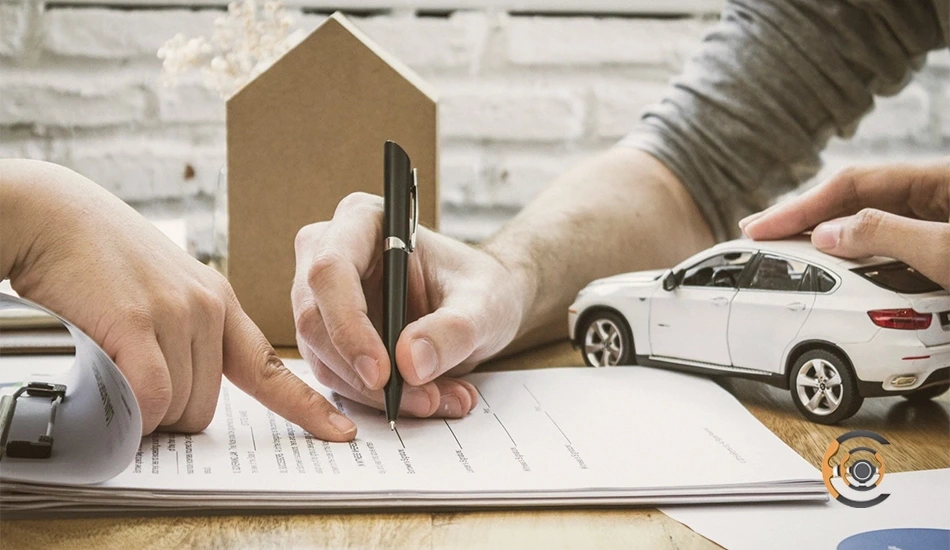
Home Search 5 mint read How to Maximise Your Traffic Accident Claim
Copyright © 2025 Continental Car Hire Ltd. All Rights Reserved.
Continental Car Hire Ltd is authorised and regulated by the Financial Conduct authority (FRN 711301)